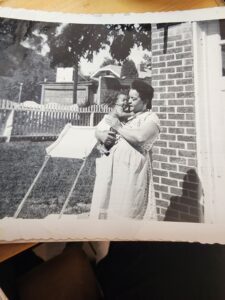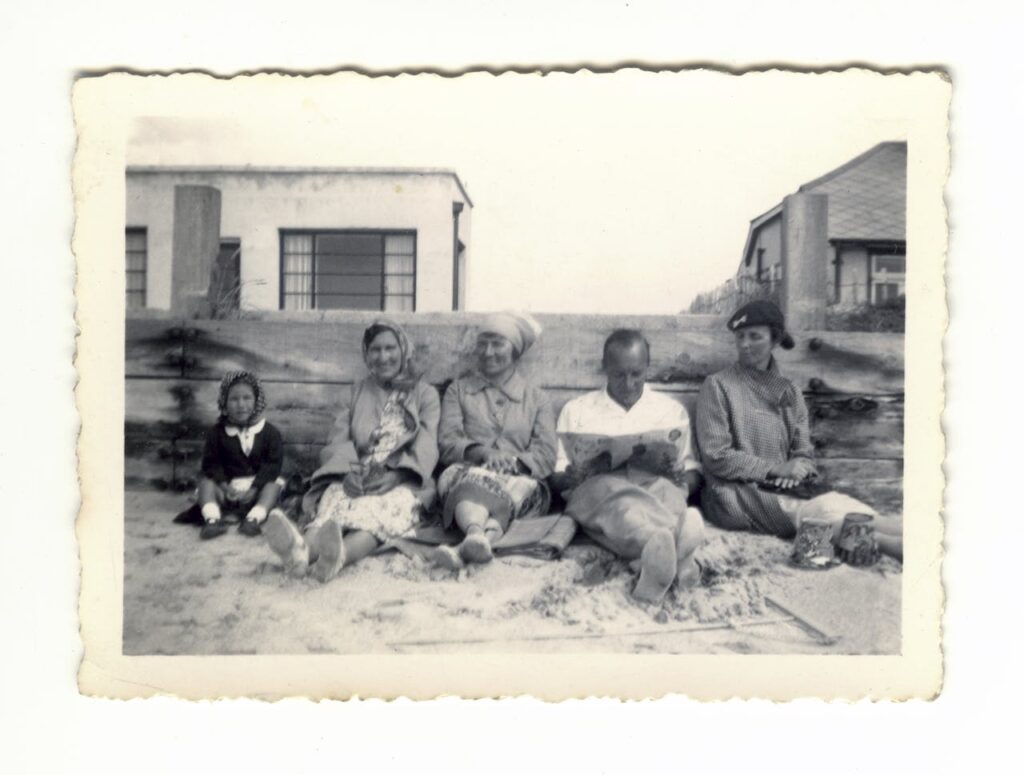
Discovering Your Roots: Uncover fascinating stories and connections through a family search.
A Beginner’s Guide to Exploring Your Family History
Good Day, Faithful Readers!
Are you curious about where you come from? Do you wonder what secrets your ancestors might be hiding? Well, buckle up, because exploring your family history is a wild ride! I’m not kidding—you can spend hours going down rabbit holes and come up with nothing. But then there are some days where you find a hidden jewel that will keep your mouth agape for days.
Not only will you uncover fascinating stories and surprising connections, but you’ll also gain a deeper understanding of yourself and your place in the world. Genealogy research isn’t just about dusty documents and family trees—it’s about discovering the incredible narratives that have shaped your existence.
So, grab a cup of coffee, get comfy, and let’s dive into the exciting world of family history exploration!
Benefits Of Exploring Your Family History
- You Will Gain Valuable Insights About Your Ancestors: The first crucial lesson: How Not to Judge Your Ancestors: Our ancestors faced challenges and triumphs that we may never fully comprehend. Just like us, they did not choose the era or circumstances of their birth. Their remarkable journeys can inspire and guide us in profound ways. Most humans desire compassion rather than judgment for the choices they’ve made in life.
- Key Benefits of Exploring Your Family History: Gain a new perspective. Understanding your heritage can help you appreciate your own strengths and weaknesses. Since delving into my family’s history, I’ve developed a much deeper appreciation for my parents and grandparents, understanding the context of their lives and the challenges they overcame.
- Preserve Your Family Legacy: By carefully documenting your family’s stories, you’ll ensure these precious narratives are not lost to future generations. It’s a deeply rewarding process that connects you to your roots and helps create a lasting family narrative.
- Family history research is more than just collecting names and dates—it’s about understanding the human stories that have shaped your existence. Each historical document, photograph, and story reveals another layer of your unique family tapestry.

Discover Your Roots: Immersive Genealogy Experiences
Visit Your Ancestral Homelands, Explore Hidden Historical Gems
- Walking in your ancestors’ footsteps allows you to experience their culture firsthand. When you explore these meaningful locations, you’ll develop a profound appreciation for the incredible sacrifices your family made.
- Uncover remarkable places and landmarks that hold significant meaning to your family’s unique history. These discoveries can transform abstract family stories into tangible, emotional connections with your heritage
.
Attend Genealogy Conferences
- While I’ve personally attended only two conferences, the opportunities for learning are now more accessible than ever. Many conferences now offer online options, making expert knowledge just a click away.
- In-person conferences provide unparalleled opportunities to:
- Meet fellow genealogy enthusiasts
- Learn directly from expert genealogists
- Gain insider insights into advanced research techniques
- Network with professionals who can guide your family history journey
I immersed myself in these experiences, it helped me transform my family search from a simple hobby into a deeply personal exploration of my family’s remarkable story.
New People You’ll Meet
- Distant cousins: I cannot tell you how fun it was to connect with relatives I never knew I had! Be ready though to be open to learning from them and sharing your connections.
- Fellow researchers: Most people are willing to collaborate, and are passionate about what they do. They are ALWAYS so eager to help and teach you.
- Local experts: Meet historians, genealogists, and archivists who can help you uncover hidden treasures. You can even hire a genealogist to help you uncover hidden gems.

How to Get Started
- Talk to relatives: Before you do anything else, ask your living family members what they know about your ancestors and record their stories. Organize and use these notes on your platform.
- Use online resources: Websites like https://www.ancestry.com and https://www.familysearch.org and there are others that can help you get started. These are just the ones I use. (See below for more)
- Join a genealogy group: Connect with local or online communities to learn from others. I spend many hours in the family search history centers and have even traveled to the FamilySearch Library in Utah to learn more about my family.
Your Attractive Heading
Step 1: Gather Information
- Talk to relatives: I started asking distant family members about our ancestors and recorded their stories.
- File folders: I created a file folder every time I created a new member. I made notes inside the folder. As I collected bits and pieces of information I stored them in the folder. Now there are a ton of systems out there to organize your findings. You just have to try them out and use what is best for you.
- Gather documents: Collect birth, marriage, and death certificates, as well as old family photos and records. When family members give you photos be sure to ask if they know who the people are in the picture and write their names on the back with any other information you can gather. Documentation is the most important thing. You really should have at least 3 official vital records to be sure the ancestor is yours.
Step 2: Choose a Genealogy Platform
Popular options include:
- Ancestry: Comprehensive records, DNA testing, and family tree building.
- MyHeritage: Large record collection, DNA testing, and family tree building.
- FamilySearch: Free access to records, tree building, and research guidance.
Comparison of Genealogy Platforms
| Platform | Records | DNA Testing | Family Tree | Approximate Cost |
| Ancestry | 20+ billion | Yes | Yes | $19.95/month |
| MyHeritage | 15+ billion | Yes | Yes | $12.95/month |
| Family Search | 5+ billion | No | Yes | Free |
Additional Tools
- Genealogy software: Programs like Legacy Family Tree, Roots Magic, and Family Tree Maker help organize your research.
- DNA testing kits: Options like 23 and Me, Ancestry DNA, and Family Tree DNA provide genetic insights.
- Local libraries and archives: Access historical records, newspapers, and seek expert guidance.
Tips and Reminders
- Verify information: Ensure accuracy by cross-checking sources.
- Organize research: Use tools and software to keep track of findings.
- Join genealogy communities: Connect with others for guidance and support.
By starting with these steps and tools, you’ll be well on your way to uncovering a successful family search and fascinating history! Happy searching!
In His Grip – Kathryn
Note: Kathy’s Treehouse was not sponsored by any of the company references.



